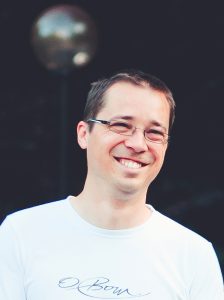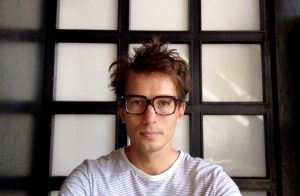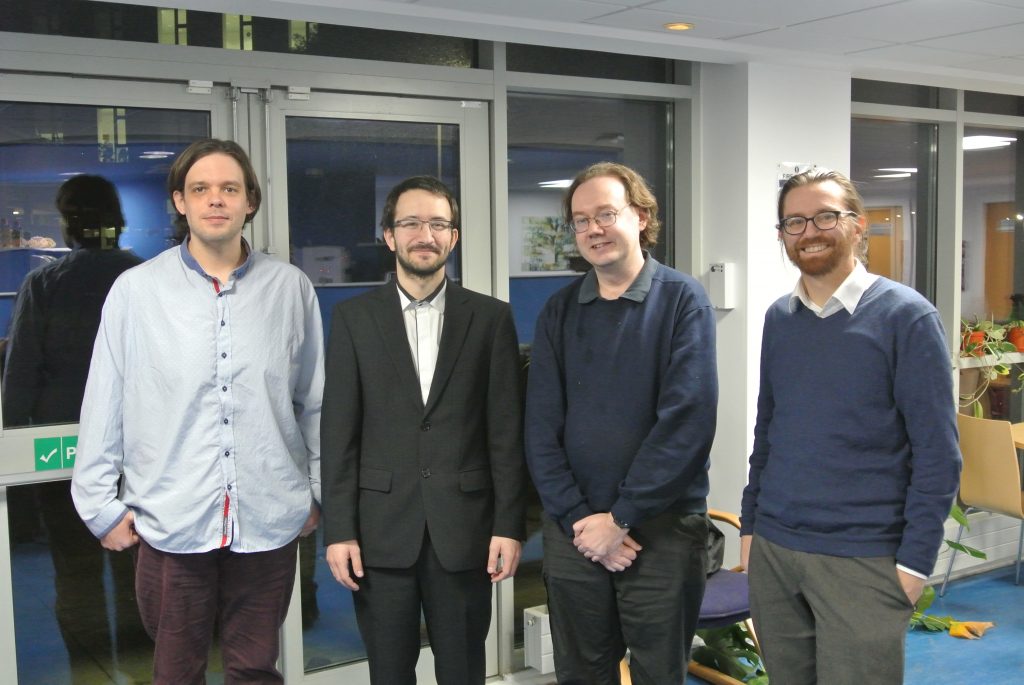Applying to study at university includes many financial considerations. Scholarships and bursaries can help reward academic achievement and provide financial awards enabling students to undertake or further their education. Students in Computer Science have secured a variety of bursaries to help fund their passion for the subject. Successful undergraduate and postgraduate student perspectives are highlighted below.
Sherlock Cruz , the first recipient of The London Scholarship reflected on his time at St Andrews and how scholarships can transform lives. The scholarship encourages young students from the Greater London area to study at St Andrews by equipping them with accommodation and living costs.
The School is fortunate in receiving on-going support from Adobe for undergraduate students studying Computer Science by way of Adobe Prize Bursaries. Successful applicants receive an award each year for the duration of their degree.
Henry Hargreaves was the successful recipient of a Royal Television Society Technology Bursary. The bursary encourages the most talented Engineering and Computer Sciences undergraduates to consider a career in television.
Alice Herbison secured a Carnegie-Cameron Bursary to support postgraduate study enabling her to undertake our MSc in Human Computer Interaction.
Arkwright Awards for budding young engineers nurtures high-potential A-level and Scottish Advanced Higher students who have a desire to be future leaders in engineering disciplines, including computing, software, communications and product design. More information on Arkwright engineering awards and who can apply can be located on their website.
The scholarships and funding catalogue has up-to-date information on eligibility for undergraduate and postgraduate applicants.




